This is a question we hear on a daily basis. Perfect strangers ask as we order our morning coffee. Our colleagues ask when we arrive at work. We ask literally in passing when we see an acquaintance walking by. We rarely answer honestly because the question has become a nicety rather than a real question. “How are you?” is a natural follow-up to “hello” but giving an honest answer is rarely what we expect as passersby in life. This question is also one that is asked over and over again when you are grieving a loss. It’s so natural to ask that sometimes we forget how complicated it can actually be. Sometimes the question is frustrating in times that are trying: “How do you think I am?!” But in these past 4 weeks since my dad died, most of the time that question is a call back to this world and a good question to ask myself. My meditation for these past weeks has been asking over and over, mostly subconsciously, “How am I?”
The question reminds us that we are still here. The question reminds us that crushing grief, while overwhelming, is not all there is. For the first week or so, grief was the only discernable feeling for me – but after that week others started to break through. Hunger, thirst, stir-craziness, confusion, and fear were the most obvious upon first glance. But when I really asked the question of myself: “How are you?” I determined there were so many other answers: I am grateful for all of the love I’ve been shown. I am overwhelmed by the stories I am hearing and the sides to my dad that bring others joy. I am alive. I am moving forward, sometimes reluctantly. I am in need of a run. I am angry. I am grateful. I am.
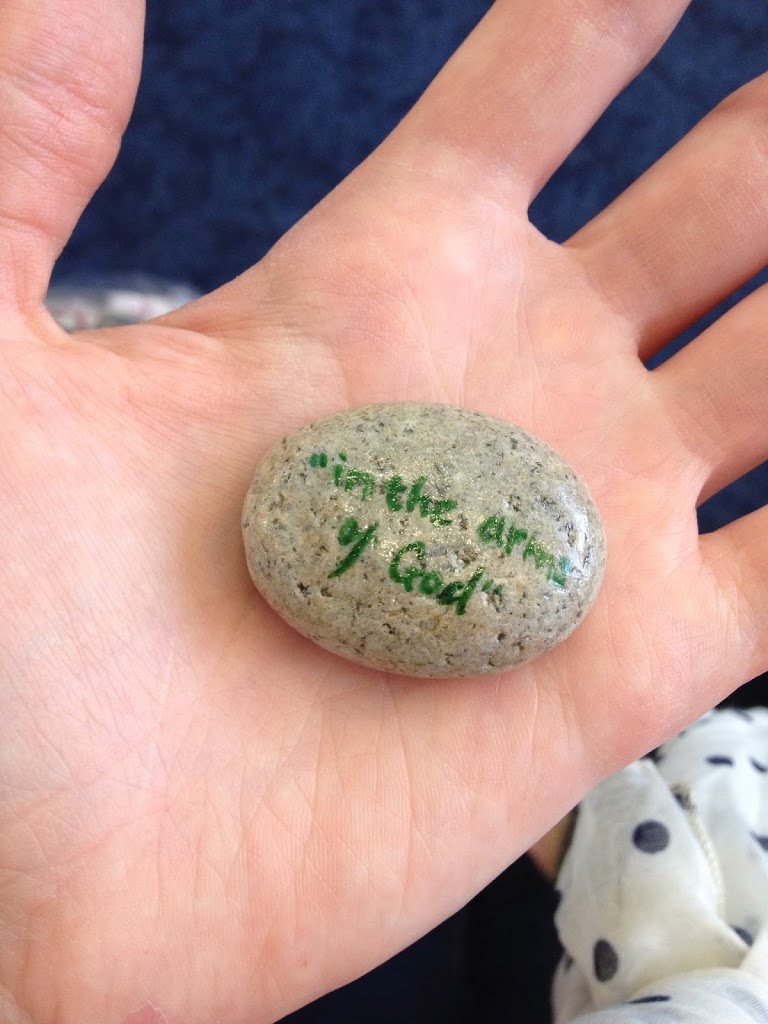 A few months ago a friend of mine experienced a traumatic death of a loved one. I went to visit her and before I left she talked to me about the question: “How are you?” She talked to me about how exhausting it was to hear that question and that I should know better, as a priest, than to ask grieving people how they are. She was right in many ways, and absolutely correct for herself personally. There are so many other questions one can ask: How are you sleeping? How can I be helpful today?
A few months ago a friend of mine experienced a traumatic death of a loved one. I went to visit her and before I left she talked to me about the question: “How are you?” She talked to me about how exhausting it was to hear that question and that I should know better, as a priest, than to ask grieving people how they are. She was right in many ways, and absolutely correct for herself personally. There are so many other questions one can ask: How are you sleeping? How can I be helpful today?
For me, though, “How are you” is an excellent reminder that I have a right and responsibility to check in with myself and that it is okay to be something other than not well. “How are you?” when asked with genuine concern and a willingness to hear the truth is a vital human question. I might not always want to answer. (I might not even want to answer when I ask it of myself.) I might not feel comfortable in all situations to open up. But the concern and care that is encompassed in that simple, yet wildly complex, question is noted and appreciated. Let’s take back this question and only ask when we truly want to know the answer. It is not a cursory greeting, it is an invitation for human connection. And for this moment, my answer is: I’m still here.


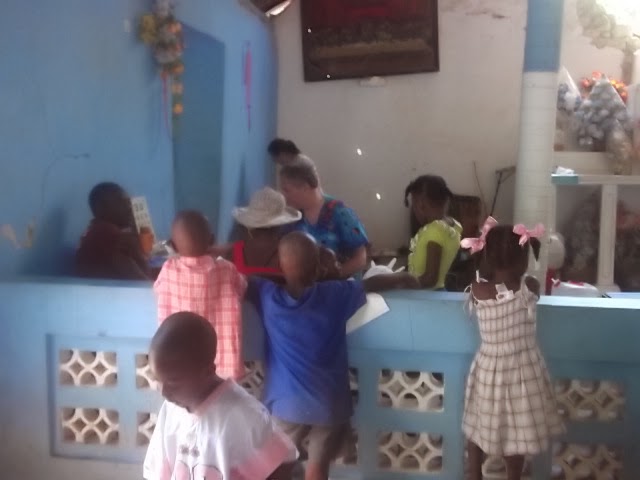
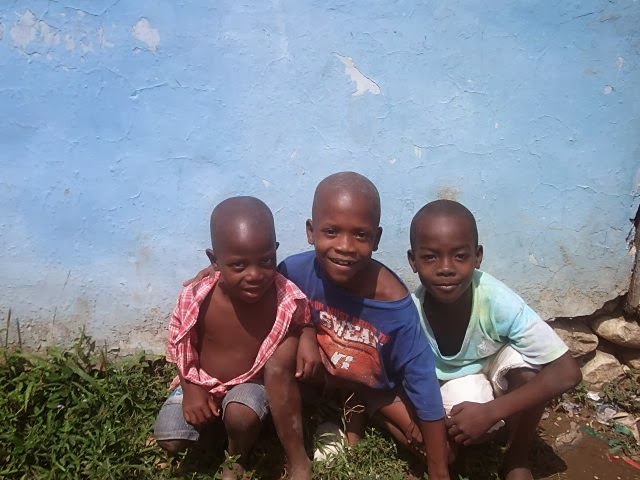 s “baptized” today. The other patients laughed as I insisted we treat him. Our patients inside of the “clinic” space shuddered as he passed. But our doctors embraced the man and listed to his rambling to make sense of what ailed him. After his check-up he was brought to me for prayer. Immediately, he dropped to his knees, shed his baggage and bowed his head. I laid my hands on his head and prayed that God might fill him and heal him. But he is already full of Christ. He knows and loves the Lord more than I could ever hope to know Christ.
s “baptized” today. The other patients laughed as I insisted we treat him. Our patients inside of the “clinic” space shuddered as he passed. But our doctors embraced the man and listed to his rambling to make sense of what ailed him. After his check-up he was brought to me for prayer. Immediately, he dropped to his knees, shed his baggage and bowed his head. I laid my hands on his head and prayed that God might fill him and heal him. But he is already full of Christ. He knows and loves the Lord more than I could ever hope to know Christ.









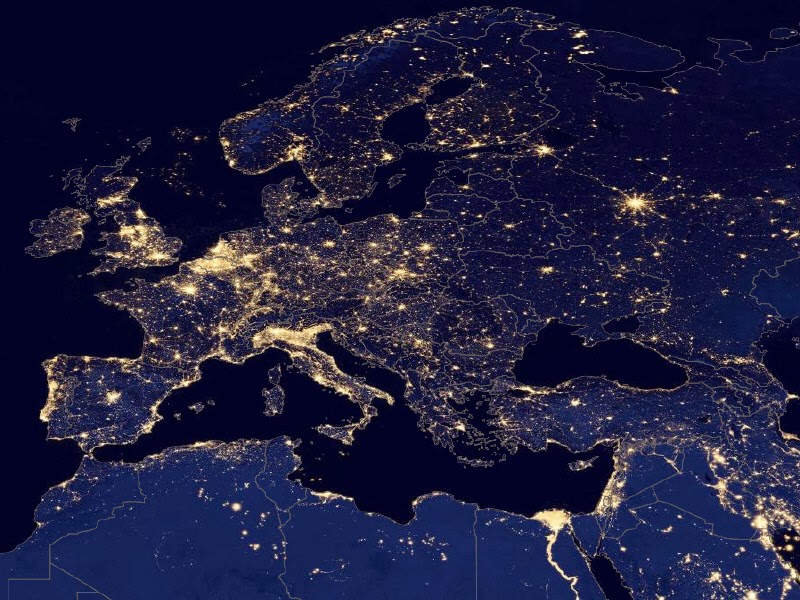
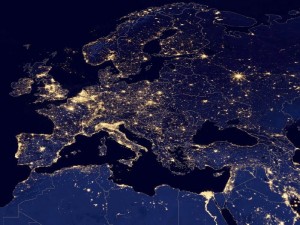
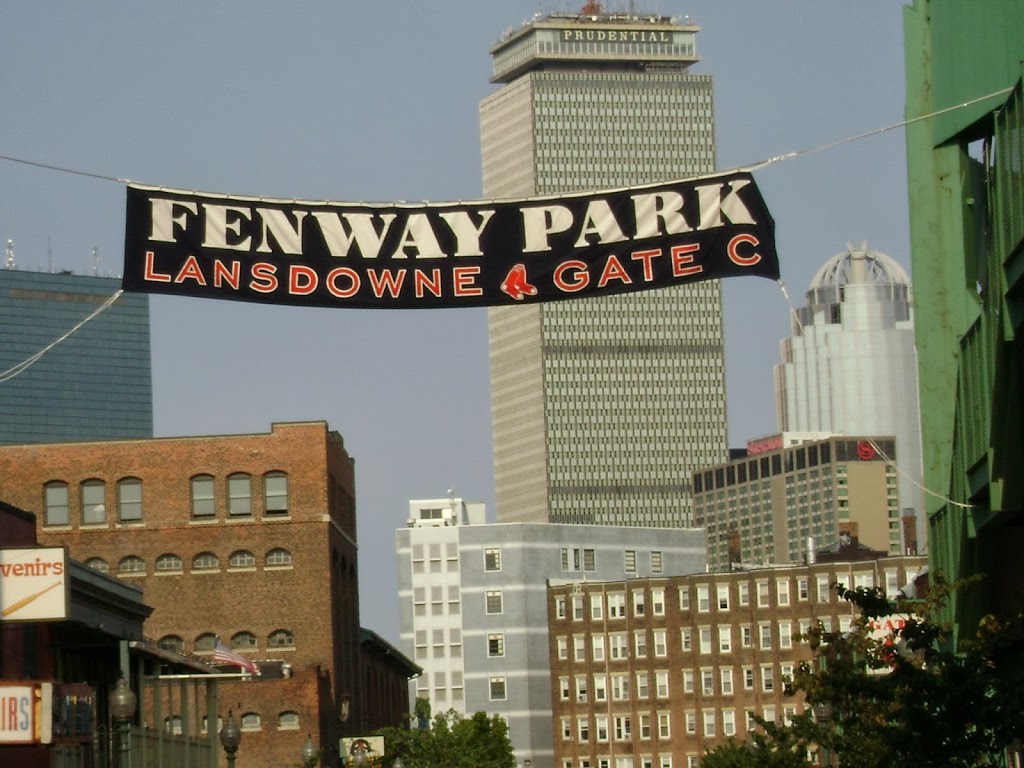


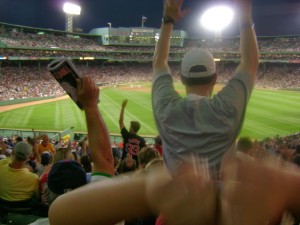
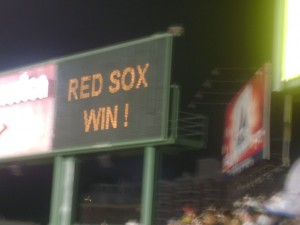

Recent Comments